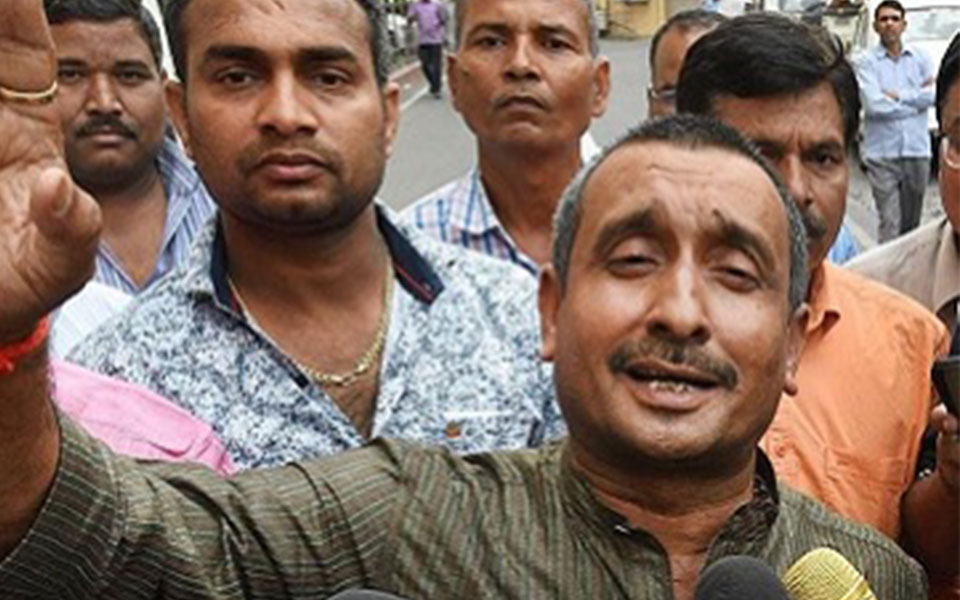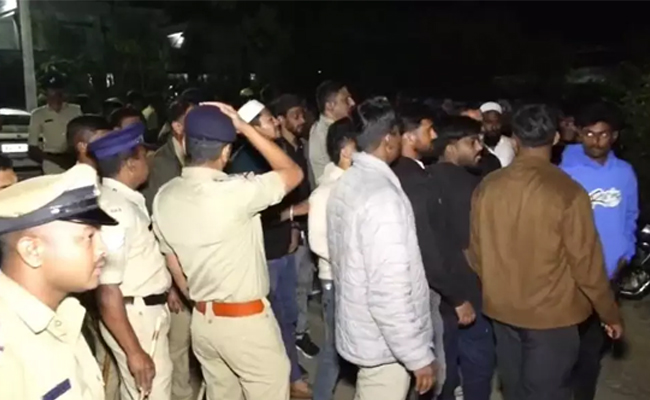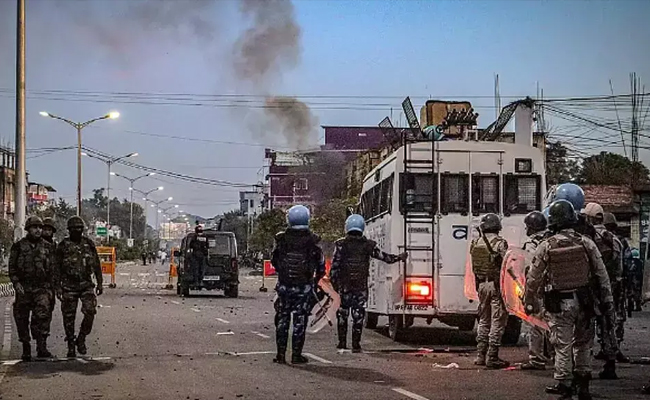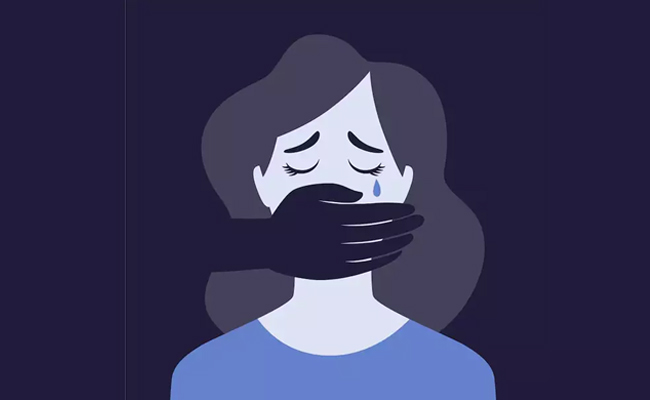Lucknow, April 12, The Uttar Pradesh government on Thursday assured a fair probe into the alleged gang rape of a girl by a BJP legislator and the custodial death of her father, saying it was not trying to protect anyone.
However, due to a pending Central Bureau of Investigation (CBI) probe, the accused Kuldeep Singh Sengar, the Bharatiya Janata Party legislator from Unnao, has not been arrested, it added.
Principal Secretary (Home) Arvind Kumar and Director General of Police (DGP) O.P. Singh said at a joint press conference that a free and fair probe has been initiated but action will be taken only after hearing both the sides.
"Nobody is defending Kuldeep Singh Sengar. What we mean is that we have to hear both sides," DGP Singh said.
Kumar informed that the case has been recommended to the CBI for further probe.
An FIR will also be lodged against Sengar for conspiring to beat up the victim's father, who subsequently died in police custody on Monday, an official informed.
Based on areport submitted on Wednesday night to the state government by a Special Investigation Team (SIT), the Circle Officer (CO) of Safipur Kunwar Bahadur Singh has been suspended for not entertaining the complaint by the gang rape victim.
Three doctors of the Unnao prison have also been suspended for dereliction of duty.
With the Allahabad High Court (HC) taking suo motto cognizance of the incident, the SIT is reportedly set to submit its preliminary report before the court later on Thursday.
The family of the victim, home department officials informed, have been given adequate security also.
Police has suspended six of its personnel, including station house officer of Makhi and five constables, and arrested Senger's brother Atul Singh and four of his aides -- Baua, Vineet, Shailu and Sonu -- for beating the girl's father to death.
The girl tried to set herself on fire outside the Chief Minister's residence on Sunday, claiming inaction in the gang rape case. Later on Sunday, her father was picked up by police and allegedly roughed up by Atul Singh and his aides after which he died.
The incident triggered a political storm and public outrage in the state.
Let the Truth be known. If you read VB and like VB, please be a VB Supporter and Help us deliver the Truth to one and all.
Chikkamagaluru (Karnataka) (PTI): Tension gripped the Vijayapura area of Chikkamagaluru late Monday night following allegations of stone-pelting, triggering protests by members of two communities and heavy police deployment.
Allegations surfaced that some youths from a community had pelted stones at houses over the past week and harassed girls for the last three days, leading to outrage among local residents, police said.
According to police sources, two youths who were found moving in a suspicious manner were caught by activists of an organisation, beaten up and later handed over to the police. Soon after, hundreds of youths from both communities gathered in front of the Basavanahalli Police Station and the government hospital, creating a tense atmosphere.
While one group claimed they were not involved in stone-pelting, another group demanded strict action against those responsible for the attacks on houses and alleged harassment.
Police, who were alerted in advance, rushed to the spot and dispersed the crowd.
Authorities said they struggled for some time before bringing the situation under control. Tight security was in place across the city.
Meanwhile, the two injured youths are undergoing treatment at the government hospital.





